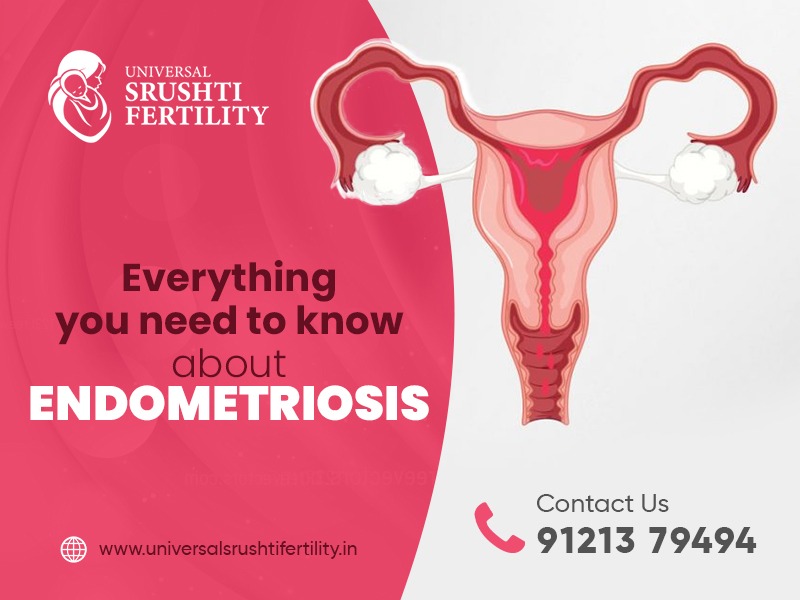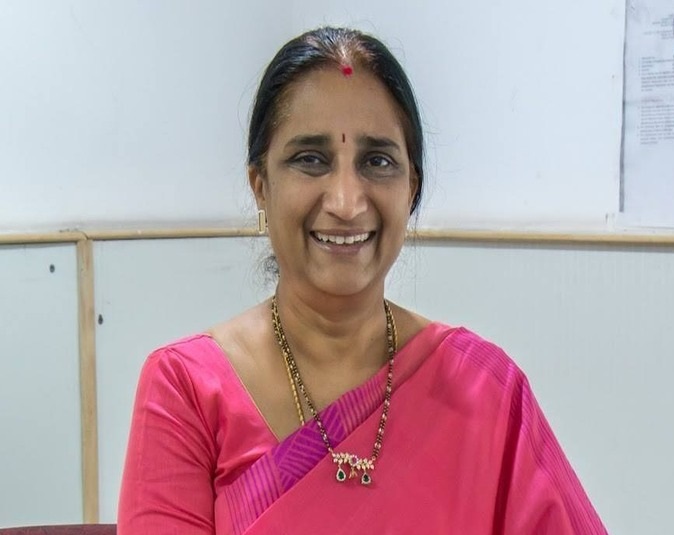Still, some of our bodily functions is a mystery. Whenever you experience a muscle cramp or any other health problems, don’t neglect them; they are like reminders to you by your body that you need adequate care of yourself.
In fact, female bodies are particularly more vocal about it, and Endometriosis is one such painful reminder. It is a serious condition in which the extra cells grow outside the uterus that looks similar to the endometrium cells. The endometrium is the innermost tissue layer of the uterus which is associated with bleeding at the time of the menstrual cycle.
Endometriosis most commonly affects other parts, including your ovaries, fallopian tubes, and your pelvis tissues.
Sometimes Endometriosis might also develop on your ovaries, fallopian tubes, the tissue lining your cervix and pelvis. It is rare, but it might also occur anywhere in the body. Medical surveys say that mostly occurs in reproductive-aged women.
Symptoms of Endometriosis
Usually, women experience mild pain during the natural menstruation process, but women suffering from endometriosis experience severe pain in their periods and might increases with time.
Some other symptoms that indicate Endometriosis include:
- Pain during or after sexual intercourse
- Menorrhagia – heavy or prolonged bleeding in periods
- Early bleeding
- Painful bowel movements
- Dysmenorrhea – unusual pain in periods associated with pelvic pain
- Lower back pain, abdominal pain, and pelvic pain
- Some people might have symptoms like tiredness, constipation, bloating, diarrhea, etc., especially during menstruation.
- Severe cases of Endometriosis prevent pregnancy also.
The above symptoms are an indication of having Endometriosis, and the below test confirms the condition.
- Pelvic examination
- Ultrasound testing
- Magnetic resonance imaging (MRI)
- Laparoscopy in some rare cases
Causes of Endometriosis:
Experts are researching to find the exact cause of Endometriosis. However, the below conditions might lead to Endometriosis.
- Disorders in the immune system – Your immune system fails to destroy the excess tissue.
- Retrograde menstruation – the menstrual blood carrying endometrial cells flows back into your pelvic cavity instead of flowing out of your body.
- Peritoneal cell transformation – Experts call it “induction theory,” in which your hormones or immune system support coelomic cells and peritoneal cells to transform into endometrial-like cells.
- Embryonic cells transformation – Estrogen hormones might transform embryonic cells into endometrial-like cells.
- Scar endometriosis – attaching of endometrial cells after a surgery
- Transporting of endometrial cells to other body parts
Treatment For Endometriosis:
Untreated Endometriosis leads to severe health complications. Endometriosis can be managed with medication in mild cases, and surgery is required in severe conditions. But surgery is suggested when conservative treatment doesn’t improve the condition.
Pain medication – NSAIDs or ibuprofen, or naproxen sodium are suggested to relieve painful menstrual cramps. But they are effective only in some people.
Hormone therapy – Taking hormonal supplements might relieve pain and also suppress the growth of endometrial tissues.
Hormonal contraceptives – hormones that aid the growth of endometrial tissue every month can be controlled by birth control pills, patches, and vaginal rings.
Gonadotropin-releasing hormone (Gn-RH) agonists and antagonists – GnRH drugs help to shrink endometrial tissue by preventing the production of certain hormones.
Progestin therapy – Various progestin therapies are available to provide relief from the signs and symptoms of Endometriosis.
Conservative surgery – this surgery involves removing the excess endometrial growth through laparoscopy or minimally invasive surgery and is recommended for women experiencing severe pain or if it is preventing pregnancy.
Hysterectomy – This surgery is the last resort to treat Endometriosis and is recommended when no other treatment help to improve the condition. The surgery involves removing excess tissue and other parts, including the uterus, cervix, and ovaries. The sad this is after the hysterectomy surgery, women can’t get pregnancy anymore.
If you are a woman with Endometriosis and seeking pregnancy, take ample care of yourself and seek proper help from expert doctors who can diagnose and treat Endometriosis. At Srushti Fertility Centre in Hyderabad, our gynaecologists and fertility experts are also experienced in treating severe form endometriosis. Diagnosis and treating Endometriosis as early as possible can prevent various health complications.


